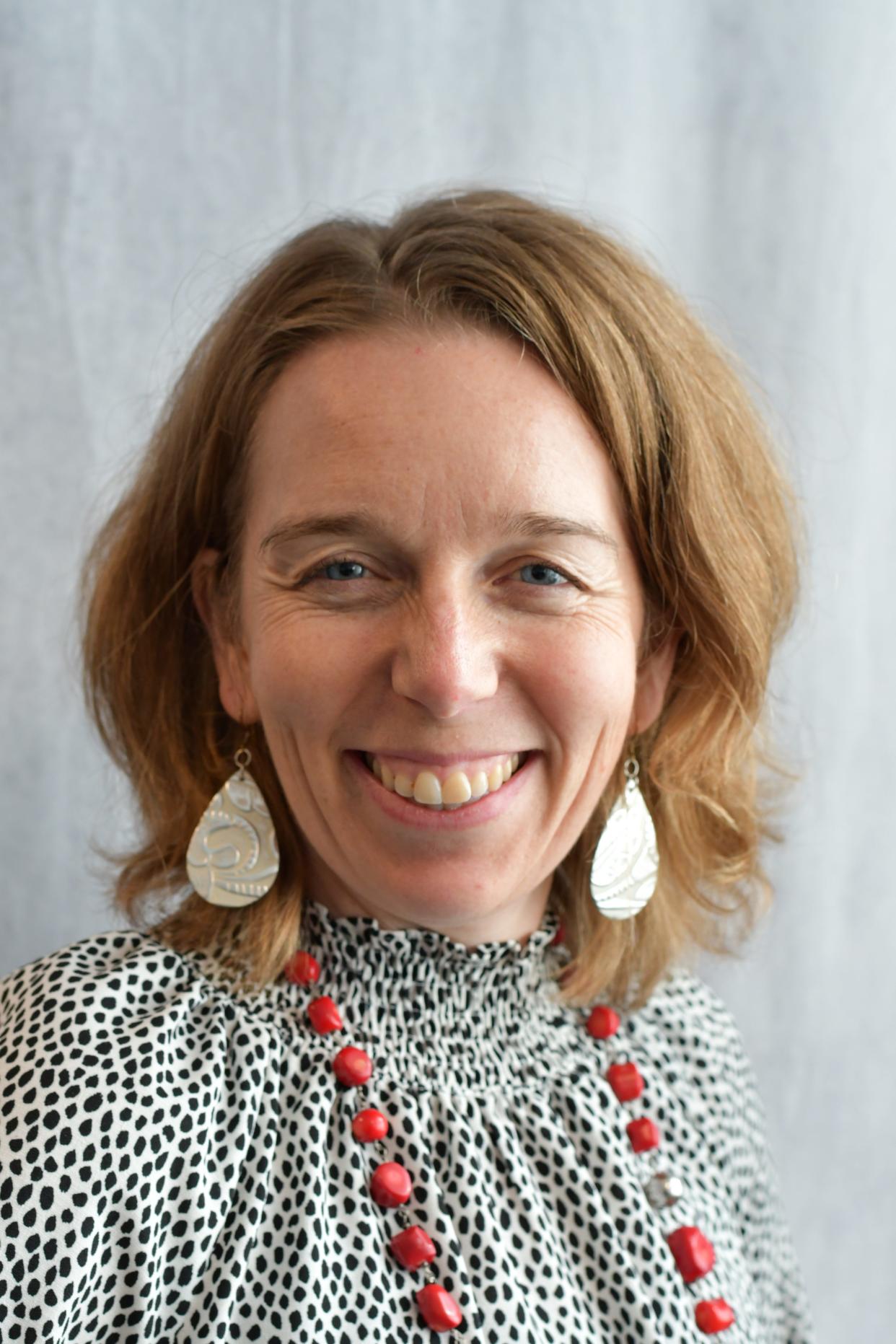YOUR TURN: Celebrating the accomplishments of women

Hi I’m Becca Hurd, Gaston County’s recycling coordinator. As such, I aim to promote information relevant to the field of sustainability, local events and taking action to make our world a better place. International days serve as an opportunity for us to pause, reflect and celebrate different advancements or achievements made across the world for a particular cause.
On Feb. 11, we recognize the International Day of Women and Girls in Science. Historically, women were either not permitted to study STEM (Science, Technology, Engineering and Math), or their contributions were either overlooked or taken credit for. As such, recognizing the importance of their work, even posthumously, allows future generations to see that they too can have a place in science.
Having both a daughter and a son, I try to find balance in our life when there are not only gendered differences across all aspects of society, but especially when there are special days to call out one gender or group of people's achievements to the world. It may seem unfair or unjust to have a "women's day" when there isn't an equal call for a "men and boy's day." To call out the achievements of women and girls, however, is not to erase or undermine the men and boys whose work was used and is still critical today, but to celebrate the work of a group of people who were only recently allowed to explore those fields publicly and granted formal entry. When children and adults alike hear the stories of people they feel are most representative of them in fields or careers they didn't think were available to them, their imaginations are more easily open to the idea that they too, might have a place in that industry.
The pioneering women of chemistry like Marie Curie, and of paleontology, like Mary Leaky, the women celebrated by "Hidden Figures:" Katherine Johnson, Mary Jackson and Dorothy Vaughan; Rachel Carson, the environmental scientist, astronauts like Sally Ride and Mae Jemison, the first African American woman in space are a few whose stories we know. But there are others that may be less known, like Grace Hopper ,who created computer language COBOL through the 1930s-1980s, and Edith Clark, an electrical engineer in the 1920s, a time when hardly any women attempted that field. A quick Google search will bring up websites and lists. There are hundreds of more stories of women in different countries and eras all contributing to discovering, questioning and providing new understanding of our world. There are likely many more waiting to be unearthed. I want both of my children to hear these stories.
The advances we see in the STEM field are even better now that we include different perspectives and experiences. That includes the female perspective, the urbanite, the farmer, the hunter, the conservationist, the Boomer, the Gen-Zer. The future of our world depends on collaboration of sharing wisdom and new ways of thinking. We face challenges moving into the next 25 years that will test the Earth’s known limits from food security, access to clean water, climate and atmospheric changes, the dirge of microplastics, rapidly decreasing biodiversity. This February 11th, we celebrate those women and girls who explored, challenged and blazed new roads. They have added to the body of knowledge that we rely on today. We can re-imagine ways to live in the future when we acknowledge the bravery of those women and girls who didn’t settle for what the world told them was possible.
This article originally appeared on The Gaston Gazette: YOUR TURN: Celebrating the accomplishments of women

